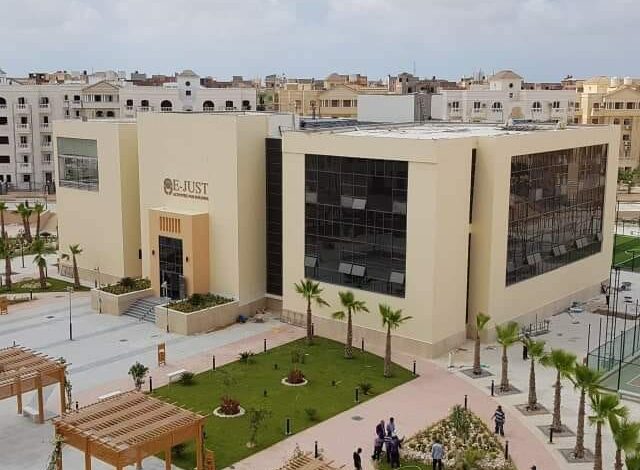
The President of the Egyptian-Japanese University of Science and Technology, Ahmed al-Gohary, announced that a research team at the university has succeeded in designing and manufacturing a PCR device that can be used to diagnose a variety of viruses.
The device depends on the presence of the DNA of the virus in the infected human body and its absence in a healthy person.
It can also be used to diagnose bacterial infection in food.
The Dean of the Faculty of Creative Design Engineering at the University, Amr al-Taweel, explained that this research project is funded by the Information Technology Industry Development Agency (ITIDA) through its the Information Technology Academia Collaboration (ITAC) initiative, funded by roughly LE1.7 million.
Taweel added that the goal of this project is to develop a device capable of analyzing DNA in a digital way (dPCR).
The head of the research team, Ahmed Mohamed Rashad, explained that the device consists of a microfluidic chip that performs two main functions: the first is the formation of minute droplets, and the second is the work of the thermal cycle of the generated droplet to double the number of DNA’s dPCR,
Rashad called this a development of traditional PCR in which a single reaction is performed within a sample but now separated into hundreds of sections and the reaction is carried out in each section separately.
This separation allows for higher sensitivity in DNA measurement, which is essential for applications such as cancer and genetically modified organisms (GMO), he said.
Rashad explained that this device is one of the outputs of the University’s Microelectromechanical Systems Laboratory, which is concerned with development in the fields of micro-sensors and analyzers based on microfluidics chips, which can manufacture micro-devices with an accuracy of up to one micron (1/100 of a hair) – the highest manufacturing precision in Egypt so far.
Edited translation from Al-Masry Al-Youm




